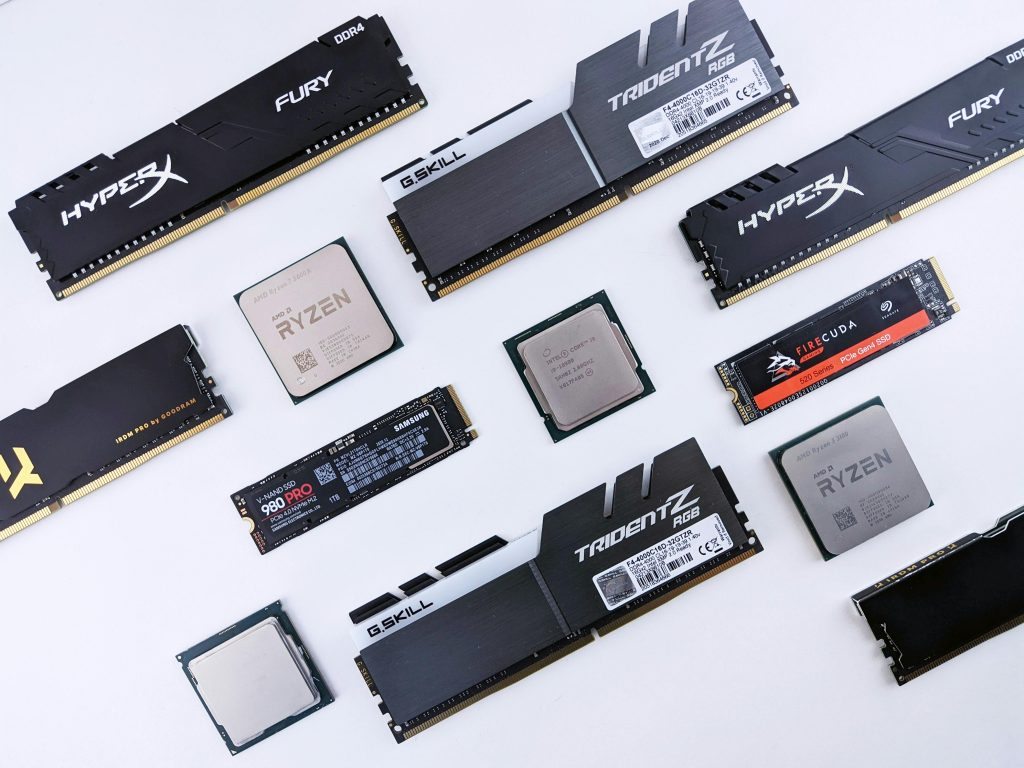Rethinking Cybersecurity: Automation at Google’s SecOps
I recently delved into a fascinating write-up from Google’s Security Operations (SecOps) team, and it offered some compelling insights into their innovative practices.
Key Takeaways
-
Automation at Scale: An impressive 97% of Google’s security events are managed through automated processes, meaning that human analysts are only involved in a mere 3%. This staggering statistic emphasizes the vast capabilities of automated systems in cybersecurity.
-
Integrated Teams: Google’s detection engineers not only develop the alerts but also actively triage them — a unique approach that eliminates the traditional separation between different roles. This integration fosters a more cohesive workflow and enhances response times.
-
Efficiency through AI: Utilizing Artificial Intelligence has dramatically streamlined operations, allowing the team to cut the time spent on executive summary writing by 53%. Remarkably, this improvement has been achieved without compromising the quality of the reports.
What truly resonates with me is their shift from viewing security as a purely reactive function to embracing it as a rigorous engineering discipline. This paradigm shift highlights the increasing importance of automation and programming skills in the field, suggesting that traditional security positions may evolve into more engineering-focused roles.
The Future of Security Roles
As the landscape shifts, it raises an intriguing question: Are we moving towards a future where conventional security roles will merge with engineering positions?
For those interested in these emerging trends and insights, I invite you to subscribe to my weekly newsletter tailored for cybersecurity leaders. Together, we can explore these dynamic changes reshaping our industry. Subscribe here.
Share this content:



